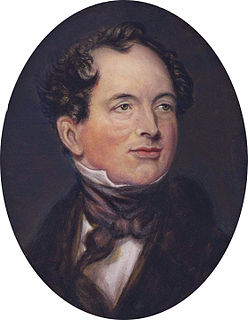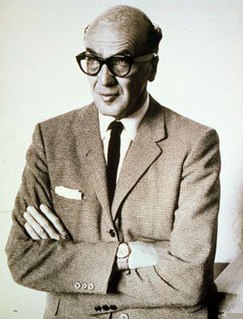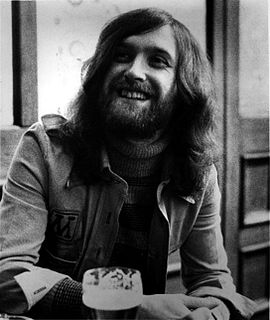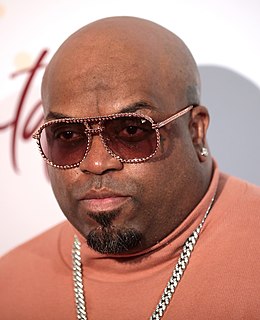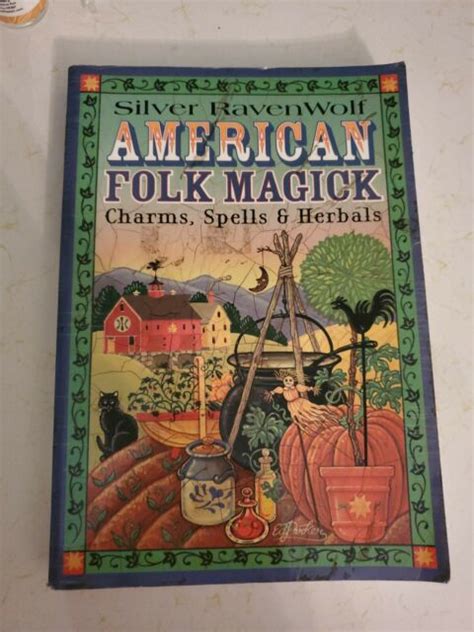A Quote by Thomas Moore
The garden reconciles human art and wild nature, hard work and deep pleasure, spiritual practice and the material world. It is a magical place because it is not divided. The many divisions and polarizations that terrorize a disenchanted world find peaceful accord among mossy rock walls, rough stone paths, and trimmed bushes. Maybe a garden sometimes seems fragile, for all its earth and labor, because it achieves such an extraordinary delicate balance of nature and human life, naturalness and artificiality. It has its own liminality, its point of balance between great extremes.
Quote Topics
Accord
Among
Art
Artificiality
Balance
Because
Between
Bushes
Deep
Delicate
Delicate Balance
Disenchanted
Divided
Divisions
Earth
Extraordinary
Extremes
Find
Fragile
Garden
Great
Hard
Hard Work
Human
Human Life
Labor
Life
Magical
Many
Material
Material World
Maybe
Nature
Own
Paths
Peaceful
Place
Pleasure
Point
Practice
Rock
Rough
Seems
Sometimes
Spiritual
Spiritual Practice
Stone
Walls
Wild
Work
World
Related Quotes
The material and the spiritual are but two parts of one universe and one truth. By overstressing one part or the other, man fails to achieve the balance necessary for harmonious development... Practice the art of living in this world without losing your inner peace of mind. Follow the path of balance to reach the inner wondrous garden of Self-Realization.
Let me define a garden as the meeting of raw nature and the human imagination in which both seek the fulfillment of their beauty. Every sign indicates that nature wants us and wishes for collaboration with us, just as we long for nature to be fulfilled in us. If our original state was to live in a garden, as Adam and Eve did, then a garden signals our absolute origins as well as our condition of eternity, while life outside the garden is time and temporality.
If, I can someday see M. Claude Monet's garden, I feel sure that I shall see something that is not so much a garden of flowers as of colours and tones, less an old-fashioned flower garden than a colour garden, so to speak, one that achieves an effect not entirely nature's, because it was planted so that only the flowers with matching colours will bloom at the same time, harmonized in an infinite stretch of blue or pink.
When you awaken, you know that everything that occurs at the level of mind is illusory in nature and so you no longer believe in it as the truth of life. It is sometimes happy and sometimes sad, because it is a world of duality. You relax and accept the dual nature of the world of the mind and the world of experience within time. This will create balance within duality which will open the doorway to Oneness.
Just as an earthly garden needs constant attention, so, too, does our spiritual garden. When we first begin our journey of spirituality our garden is filled with all sorts of interesting items--it was not, after all, a fallow place before we sought to investigate what might be there and what we could possibly put in it. Everyone's spiritual garden is different, because each individual is unique.
Our Nation, a great stage for the acting out of great thoughts, presents the classic confrontation between Locke's views of the state of nature and Rousseau's criticism of them... Nature is raw material, worthless without the mixture of human labor; yet nature is also the highest and most sacred thing. The same people who struggle to save the snail-darter bless the pill, worry about hunting deer and defend abortion. Reverence for nature, mastery of nature- whichever is convenient.
I know now that he who hopes to be universal in his art must plant in his own soil. Great art is like a tree, which grows in a particular place and has a trunk, leaves, blossoms, boughs, fruit, and roots of its own. The more native art is, the more it belongs to the entire world, because taste is rooted in nature. When art is true, it is one with nature. This is the secret of primitive art and also of the art of the mastersMichelangelo, Czanne, Seurat, and Renoir. The secret of my best work is that it is Mexican.
Obviously a garden is not the wilderness but an assembly of shapes, most of them living, that owes some share of its composition, it’s appearance, to human design and effort, human conventions and convenience, and the human pursuit of that elusive, indefinable harmony that we call beauty. It has a life of its own, an intricate, willful, secret life, as any gardener knows. It is only the humans in it who think of it as a garden. But a garden is a relationship, which is one of the countless reasons why it is never finished.
